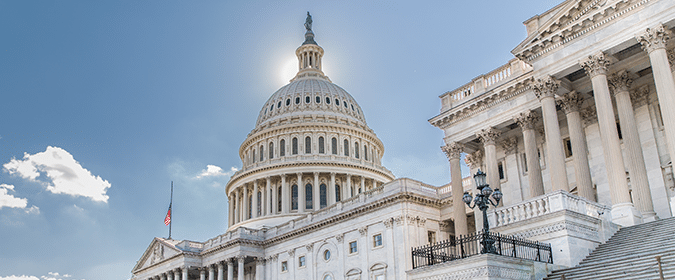
Transparency in government is essential to upholding American democracy. When citizens have access to behind-the-scenes information about local and federal administrations, politicians are held accountable. The public is educated and engaged and our nation is strengthened.
Before the presidential election, Pew research found that just 5 percent of Americans believed the government was doing a good job of sharing key information.
Public access to information is vital in preserving the values upon which our nation was founded. It is also critical in enabling journalists to fulfill their role as the watchdogs of society. While citizens and journalists can personally obtain public records through the Freedom of Information Act (FOIA), the process is both outdated and inefficient.
Ahead of FOIA’s 50th anniversary in 2016, President Barack Obama signed a bill that aimed to improve access to government records. Unfortunately, while the bill had good intentions, FOIA requests are still languishing. According to MuckRock’s data, the average response time for a FOIA request is 170 days, though the allowed response time is a mere 20 days. The site says there’s just over a 26 percent success rate for FOIA requests, and at this point in 2018, there are nearly 3,000 records request awaiting response. And that only takes into account the requests filed through MuckRock’s platform.
This inefficiency matters because access to government records often results in real change. The Flint water crisis was first uncovered when researchers at Virginia Tech University requested and researched public information. Our national conversation around veterans’ timely receipt of benefits was likewise sparked by a close study of government documents obtained through the FOIA process.
When the FOIA process works, these missteps can be exposed quicker and amended faster. It is the media’s job to shine a light — but we will continue to remain in darkness for too long unless the improvements promised in the 2016 bill are enacted.
Public notice laws are also a key area where the public’s right to know is constantly under attack from vested interests. When it comes to matters of public interest, do we really want to leave it up to local elected officials to decide the “best” way to notify people of their activities? Or do we want trusted third parties to do it, as we have reliably done for decades?
It is free, nationwide access to information that keeps Americans educated and ensures that our political leaders are transparent. Since this week has been designated as “Sunshine Week,” an annual national initiative that encourages openness in government and the free flow of information to the public, it is worth reflecting on the role information plays in strengthening our democracy. America can only be a strong nation when its citizens are engaged and informed.
In light of Sunshine Week and for the benefit of all citizens, I encourage our leaders to push harder to improve our FOIA system and protect public notice laws, and for our nation’s journalists to continue to fight to free these valuable public resources.
